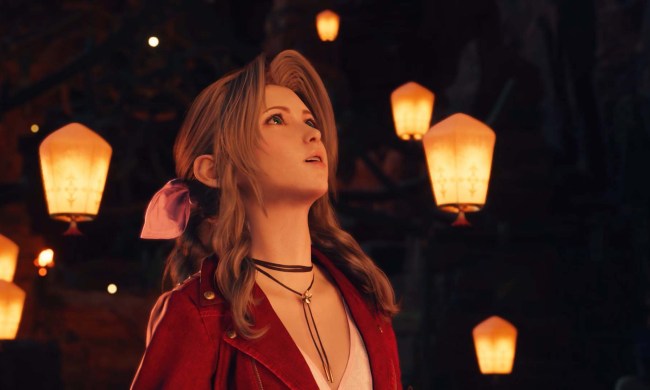After killing Chaos, Stranger of Paradise: Final Fantasy Origin players will have a lot more to do, as long as they shell out some extra cash. A new trailer for one of the game’s premium editions revealed that it will have three major post-launch expansions for players, all of which are bundled into a season pass.
The three post-launch expansions coming for Final Fantasy Origin are Trials of the Dragon King, Wanderer of the Rift, and Different Future. While no details were offered for the three expansions, the third’s name is a pretty blatant hint. It seems like Different Future could take yet another look at how Final Fantasy Origin‘s protagonist, Jack Garland, eventually becomes the antagonist of Final Fantasy, Chaos.
Players can already purchase all three expansions by pre-ordering Final Fantasy Origin‘s Digital Deluxe Edition. Along with a season pass, which includes the DLCs, players will get a digital mini soundtrack, digital art book, three in-game items — the “Braveheart” weapon, “Lustrous” shield, and “Rebellion” weapon — and early access to the game. While the deluxe edition of Final Fantasy Origin will run $90, it’s not clear how much the game’s season pass will cost separately.
In terms of what the game will actually be like to play, a previous trailer for Final Fantasy Origin has touched on the game’s combat options. Along with the franchise’s Command Abilities, new powers will be available for players to use as Garland, along with a number of classes that can be swapped out mid-combat.
Stranger of Paradise: Final Fantasy Origin releases March 18, 2022, for PS4, PS5, Xbox One, Xbox Series X/S, and PC via the Epic Games Store.



